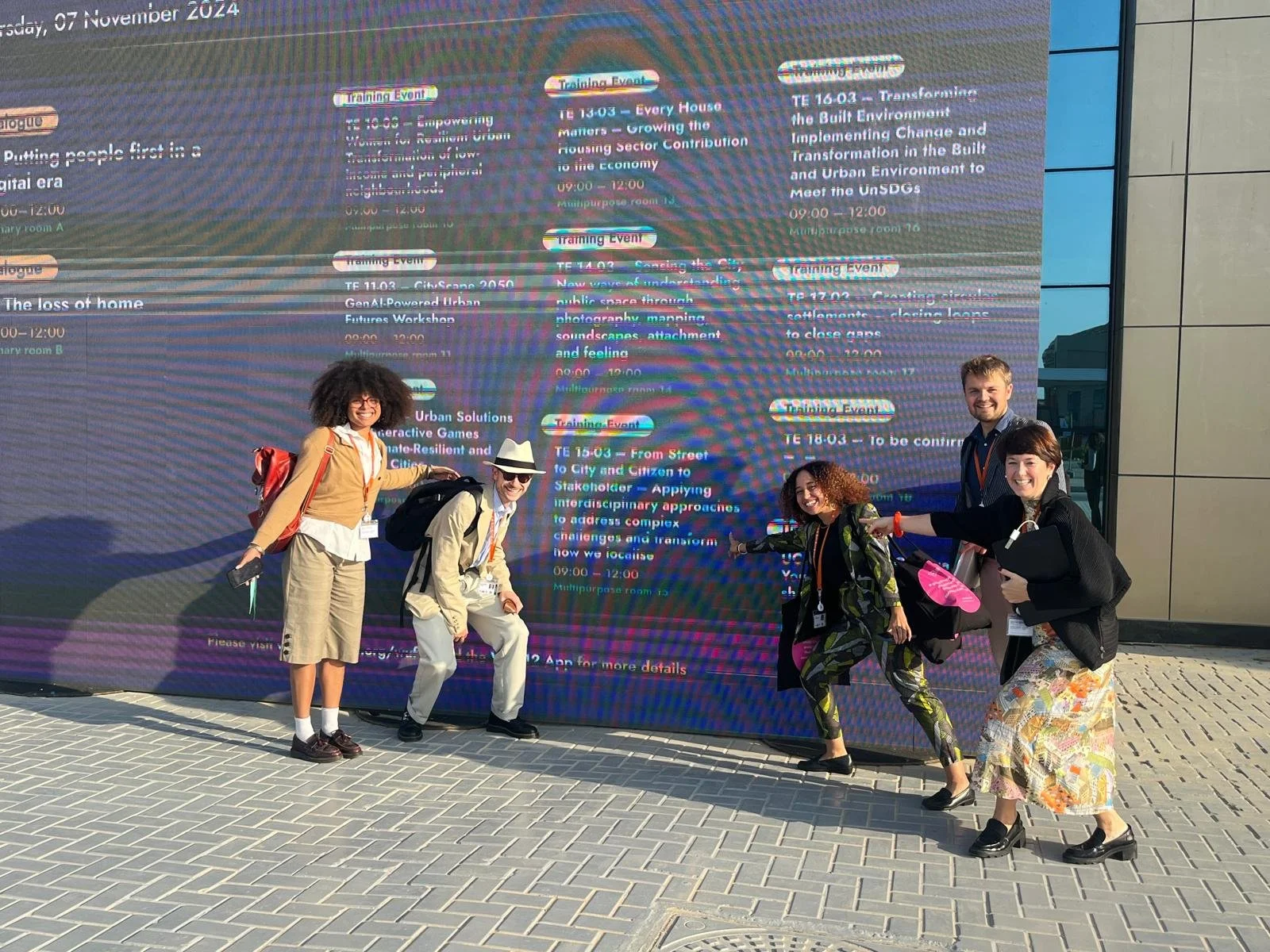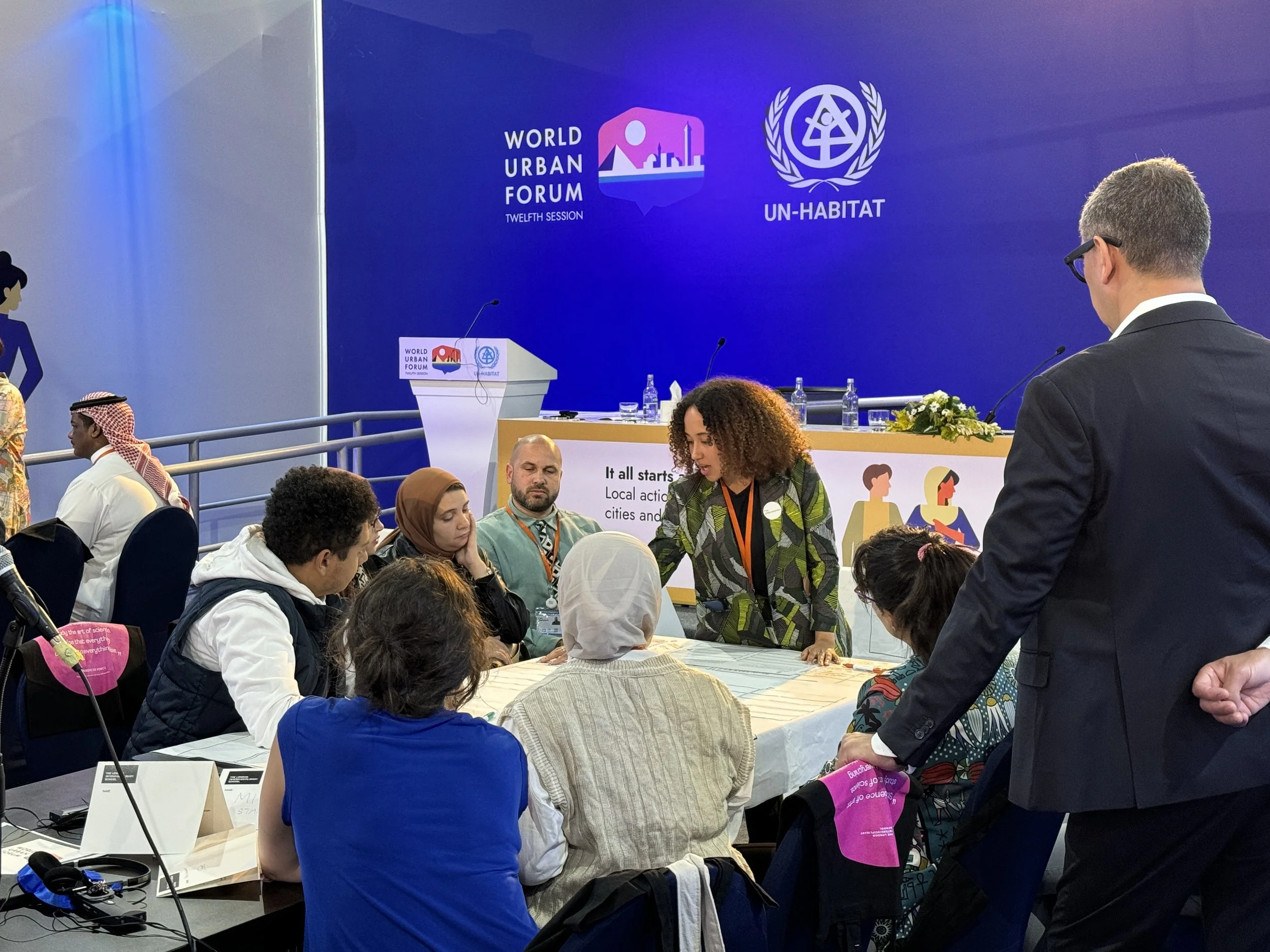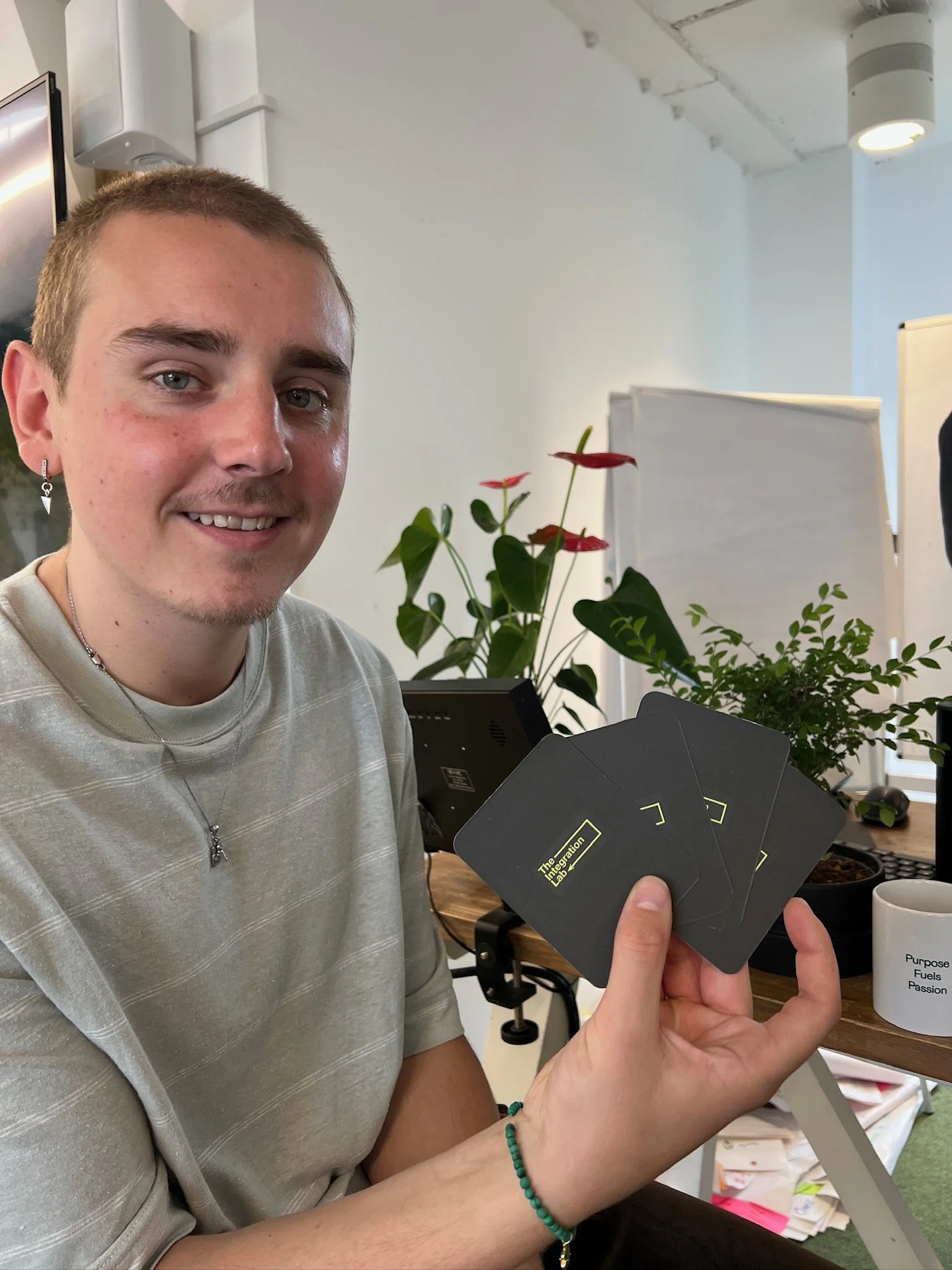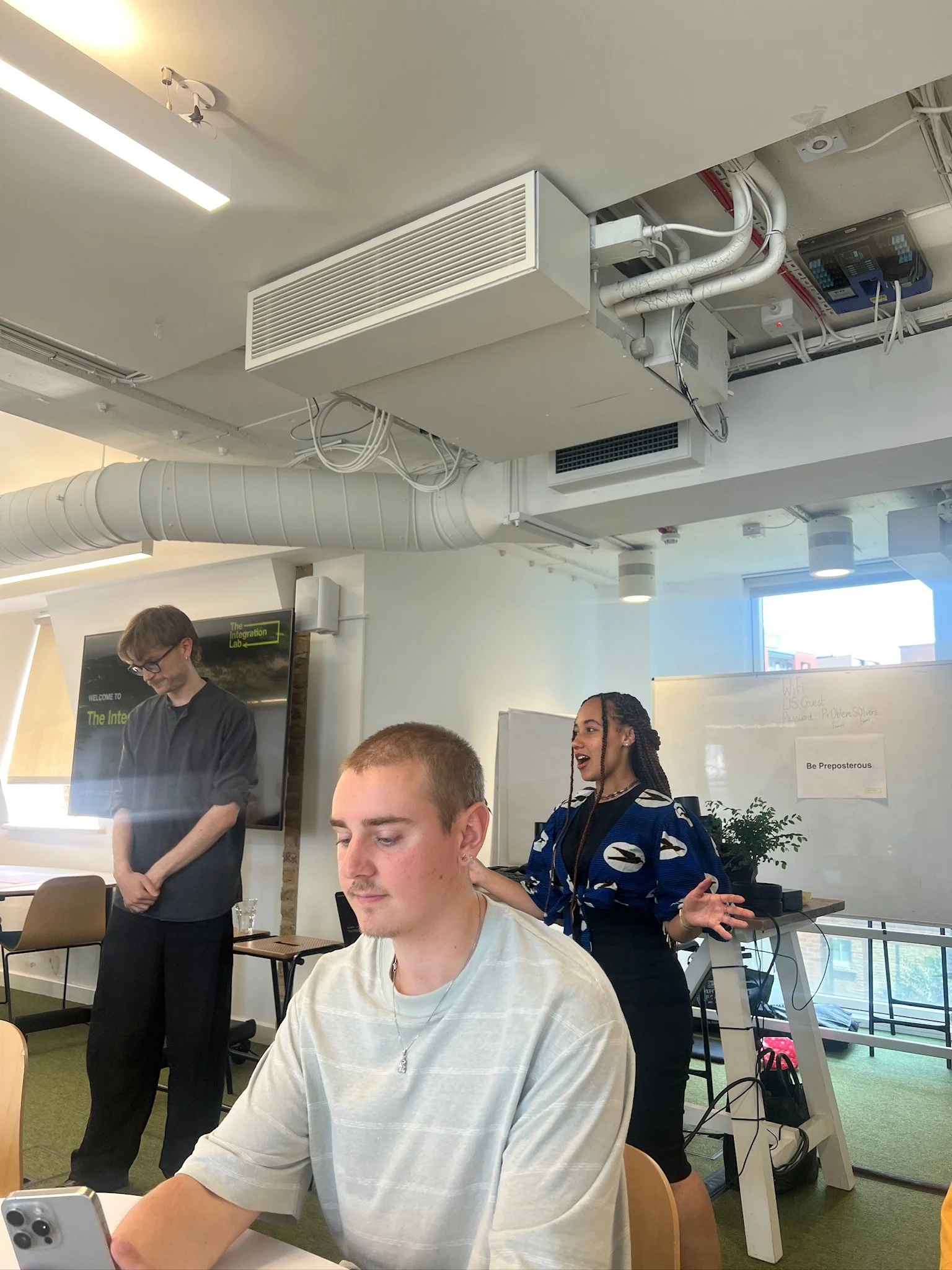2025
The Integration Lab
Founded in 2024, the Integration Lab develops interdisciplinary methods to help leaders navigate complex policy and foresight challenges. We support decision-makers in making sense of complexity, convening diverse perspectives, and co-creating pathways toward shared vision and action.
Origin: Cairo to the World
The Integration Lab has emerged from a workshop hosted developed and delivered by alumni from The London Interdisciplinary School (LIS) in 2024 at the World Urban Forum 12 in Cairo. The workshops were co-designed and facilitated to focus on interdisciplinarity in urban problem solving, bringing together participants from policy, academia, civil society, and design to explore shared methods for addressing complex, interconnected challenges.
Inspired by the success of the Cairo session—particularly the demand for accessible tools to foster collaborative, systems-level thinking—we decided to evolve the workshop into a broader methodology.
Iteration
Since co-designing the original workshop at the World Urban Forum in Cairo, my collaborator Chris Usher and I have been evolving the approach into a more robust framework: The Integration Lab.
Rather than offering one-size-fits-all solutions, The Integration Lab is designed as an iterative model—tested, adapted, and refined across different contexts.
Each workshop functions as a live prototype, generating new insights that shape the ongoing development of the method. Our aim is to develop a flexible, impact-driven methodology that remains responsive to the complexity and diversity of the environments we work in—whether in policymaking, education, or community-led innovation.
Application
Following Cairo, we tested and evolved the Lab at Anthropy 2025, a future-focused UK policy and leadership gathering. There, we engaged policy leaders, academics, and private-sector actors in exploring stakeholder alignment across education, environment, and tech.
We then returned back to The London Interdisciplinary School, applying the workshop methodology in a Master's-level foresight workshop. This allowed us to refine tools for a range of audiences, and to adapt the Lab for learning environments.
Why it Matters
The project embodies the Lab’s ethos:
Design for complexity: Our method centres real-world messiness, not linear solutions.
People at the centre: We foreground lived experience and stakeholder diversity.
Prototyping and iteration: The Lab is an evolving method, co-developed across contexts.
Interdisciplinary collaboration: We bridge disciplines and sectors to enable new ways of seeing and acting.
Where Next?
The Integration Lab is currently entering its next phase of development through a collaboration with the University of Pretoria’s Urban Citizenship Programme. Here, we’re testing how the model supports participatory urban governance, particularly in contexts with significant inequality and divergent lived experiences.
We're also developing a set of open-access tools and training modules for facilitators working in government, civil society, and education.





